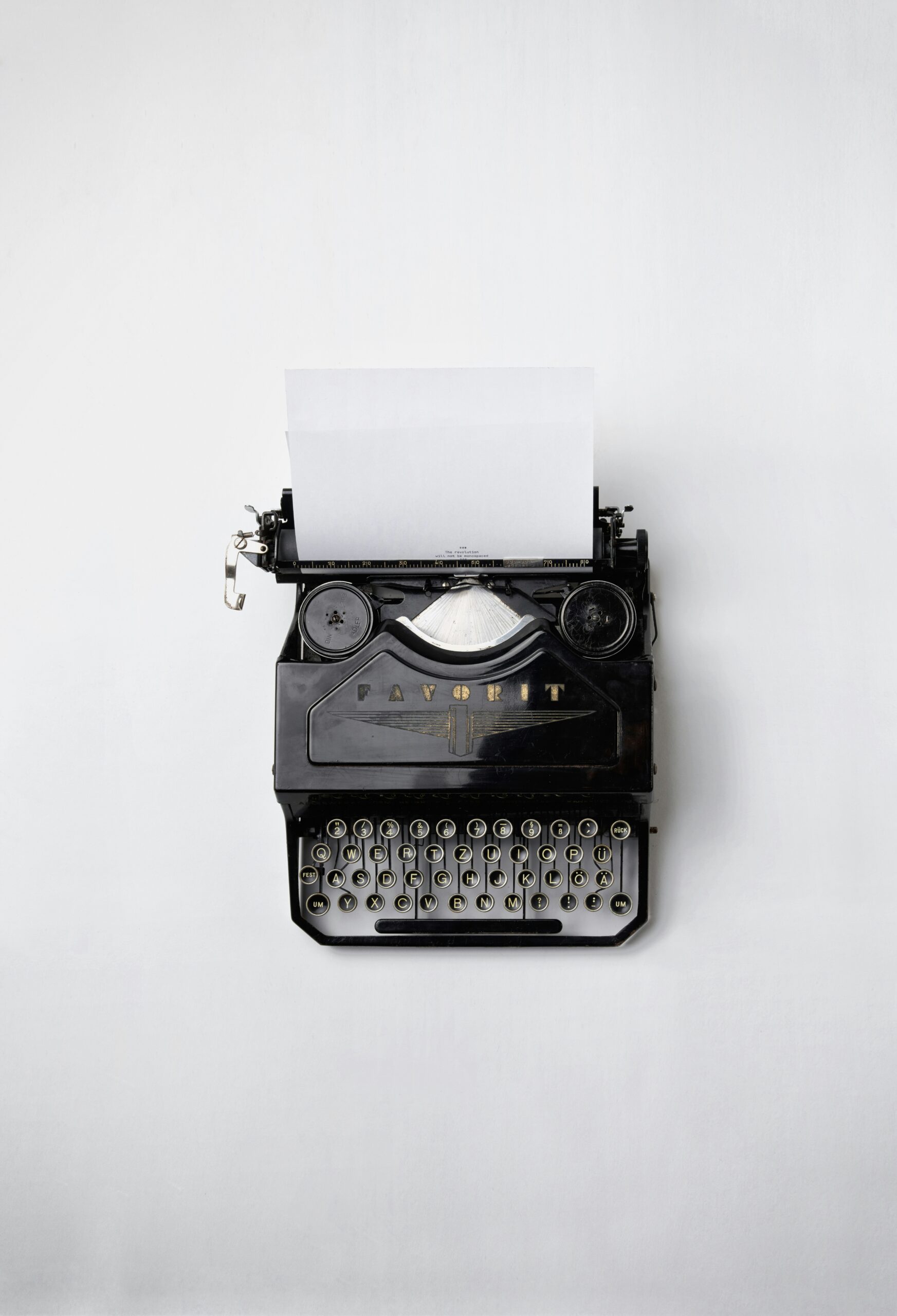AI and Literature: How Machine-Generated Books Are Changing Reading. For centuries, literature has been a uniquely human endeavor—one that reflects our emotions, experiences, and creativity. But with the rise of artificial intelligence, the way we write and consume books is undergoing a seismic shift. Machine-generated literature, once a mere science fiction concept, is now a reality, changing the landscape of storytelling and raising fundamental questions about authorship, creativity, and the future of reading itself.
Table of Contents
1. The Rise of AI-Generated Books
Artificial intelligence has already made significant inroads into creative writing. AI-powered tools like OpenAI’s ChatGPT and Google’s Bard can generate short stories, poems, and even full-length novels in mere minutes. Publishers and independent authors are increasingly experimenting with AI-generated books, ranging from experimental fiction to commercial bestsellers.
For instance, in 2024, a sci-fi novel titled Echoes of the Machine made waves for being largely written by AI with minimal human intervention. Readers were fascinated by its intricate world-building and coherent plot, raising the question: can AI truly create art, or is it merely an advanced tool for human writers?
Learn more about AI-generated fiction and its evolution.
2. How AI Is Changing the Writing Process
AI isn’t just writing books—it’s changing how human authors approach storytelling. Writers now use AI tools for:
- Idea Generation: AI can brainstorm plot points, character arcs, and setting descriptions.
- Editing & Refinement: Programs like Grammarly and Sudowrite help refine prose, offering style suggestions and alternative phrasing.
- Ghostwriting & Collaboration: Some authors co-write with AI, using it as a virtual writing assistant to enhance productivity.
This technology is particularly useful for genre fiction, where formulaic structures (such as romance and mystery) allow AI to generate passable narratives with ease. However, literary purists argue that AI lacks true creativity—the intangible human essence that makes literature powerful.
3. The Ethical Dilemma: Who Owns AI-Generated Books?
One of the biggest challenges AI-generated literature poses is authorship. If an AI writes a novel, who owns the copyright? The developer of the AI, the person who provided prompts, or the AI itself?
Currently, copyright laws do not recognize AI as an author. This means that AI-generated books often lack the same legal protections as human-written works. However, this legal gray area has led to some fascinating experiments, including books credited to AI itself.
Explore the legal debate surrounding AI-generated works.
4. The Impact on Readers and Publishing
Readers are also adapting to AI-generated literature in different ways:
- Curiosity & Experimentation: Some readers are eager to explore AI-written stories, drawn to the novelty of machine-created narratives.
- Skepticism & Criticism: Others argue that AI-written books lack emotional depth, with characters and themes that feel artificial or repetitive.
- Genre Influence: AI is particularly effective at churning out genre fiction (thrillers, sci-fi, fantasy) but struggles with literary fiction that requires deep human insight.
On the publishing side, AI is helping automate content creation. Self-published authors are using AI to generate ebooks quickly, leading to an explosion of machine-written books on platforms like Amazon Kindle Direct Publishing. Some fear this could lead to a flood of low-quality literature, while others see it as an opportunity for new voices and experimentation.
5. The Future of AI in Literature
So, will AI replace human authors? Not quite. While AI can generate text, it still struggles with originality, deep emotional complexity, and the nuances of human experience. Instead of replacing writers, AI is likely to become a tool that enhances creativity—much like how Photoshop transformed visual art.
The real power of AI in literature lies in collaboration. Writers who learn to work with AI rather than against it may find themselves at the forefront of a new literary revolution.
Final Thoughts
AI-generated books are no longer a distant possibility—they’re here. Whether they’re seen as an exciting innovation or a threat to human creativity, one thing is clear: AI is reshaping the literary world. As technology continues to evolve, so too will our understanding of what it means to tell a story.
Are you ready to read an AI-generated novel? Let us know your thoughts on this literary shift!
Find more Books content at:
https://allinsightlab.com/category/books/

